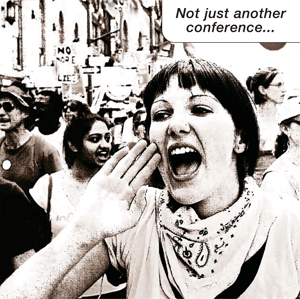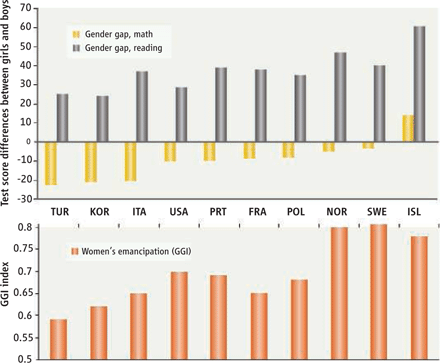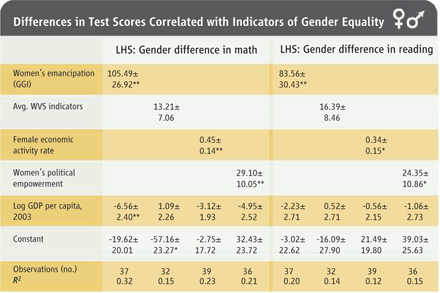[Open letter regarding roma women and discrimination in health care, english version; Campaign on Coerced Sterilization]
“… scrisoarea isi doreste sa atraga atentia cu privire la formele pe care le ia discriminarea femeilor rome in sanatate si a fost elaborata pentru a fi diseminata […] in cadrul conferintei mondiale a femeilor (Mundos de Mujeres/Women’s Worlds 2008) [la o] prezentare a eforturilor realizate in obtinerea compensatiilor ca urmare a incalcarilor violente ale drepturilor omului prin sterilizarea fortata a femeilor rome din europa centrala.” (fwd crina)
Discriminare multipla – Cazul femeilor rome
Motto: “Noi nu suntem de neatins!”
Am redactat aceasta scrisoare pentru a exprima ingrijorarea noastra in legatura cu discriminarea multipla ce exista de multa vreme si continua sa fie prezenta in toate aspectele vietii publice, dar si pentru a face cunoscute circumstantele ei in ce priveste femeile rome.
Ca femei rome si ca membri de organizatii rome si non-rome, dorim sa ne exprimam solidaritatea cu femeile rome din Republica Ceha si Slovacia care au trecut prin drama de a fi sterilizate fara sa-si fi dat consimtamantul si fara a avea la dispozitie informatii adecvate despre efectele care pot aparea[1]. Exista o ampla documentatie ce arata ca femeile rome din toata Europa sunt excluse in mod specific de catre sistemul de asistenta medicala si deseori au acces la ingrijire medicala numai in cazuri de extrema urgenta si/sau la nastere[2].
Alaturati-va campaniei de la Madrid adresata guvernelor Republicii Cehe, Ungariei si Slovaciei cu privire la indreptarea actelor de violare a drepturilor omului, accesand: http://www.errc.org/cikk.php?cikk=2965.
In orice interventie medicala, doctorul ar trebui sa se comporte fata de pacient ca o persoana ce presteaza servicii si un egal in fata legii; nu ca o autoritate publica superioara. Interventiile medicale sunt performante, servicii, nu acte de putere publica.
Din punct de vedere legal, aceste interventii de sterilizare fara consimtamantul pacientei sunt mutilari deoarece afecteaza organe sanataose si duc la daune permanente chiar daca au un scop permis de lege.
Dorim sa ne exprimam sustinerea ferma fata de femeile cehe care rup tacerea in privinta numarului mare de femei supuse de catre doctori la sterilizarea prin constrangere.
Este extrem de dificil pentru activistele rome, care sunt si sotii si mame, sa porneasca pe drumul plin de riscuri si nesiguranta al activismului contra opresiunii din afara dar si din interiorul comunitatii lor. Continue reading




